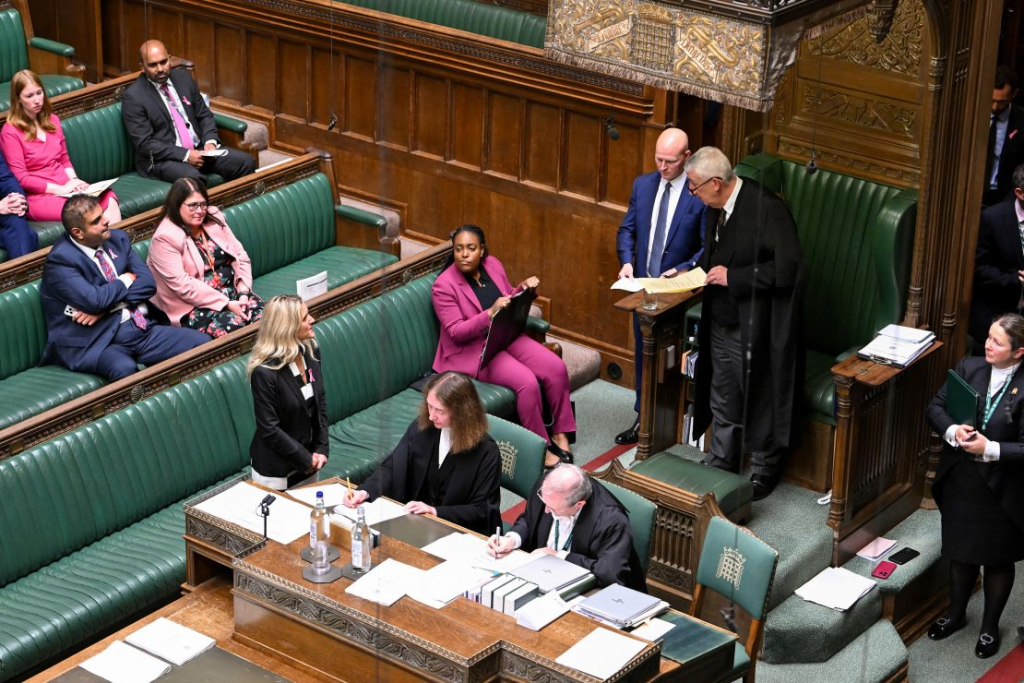British lawmakers have voted in favour of legalising assisted dying for terminally ill adults in England and Wales.
The House of Commons approved the proposed legislation on Friday with 330 votes to 275 after an emotional five-hour debate.
The bill allows adults diagnosed with a terminal illness and given no more than six months to live to choose to end their lives under strict regulations. While this vote marks a crucial step forward, the bill will now proceed to parliamentary committees for detailed scrutiny, where amendments may still be introduced.
Supporters have hailed the vote as a defining moment in Britain’s social history, drawing comparisons to transformative changes like the legalisation of abortion in 1967 and the abolition of the death penalty in 1969.

However, the journey to legalising assisted dying is far from over, with further debates and votes expected before the bill becomes law.
The move comes as assisted dying continues to gain global attention, with several countries, including Canada, New Zealand, and a handful of European nations, already permitting the practice.
In the United States, 10 states and the District of Columbia have enacted similar laws.
The issue has sparked weeks of intense public discussion in the UK, transcending party lines as lawmakers grappled with the ethical, medical, and emotional complexities involved.
Proponents argue that the bill offers dignity and choice to those suffering from incurable conditions, while opponents fear potential misuse and the moral implications of legalising assisted death.
While Friday’s vote is not the final step, it signals a potential shift in societal attitudes towards end-of-life care and patient autonomy, paving the way for one of the most profound legislative changes in decades.


